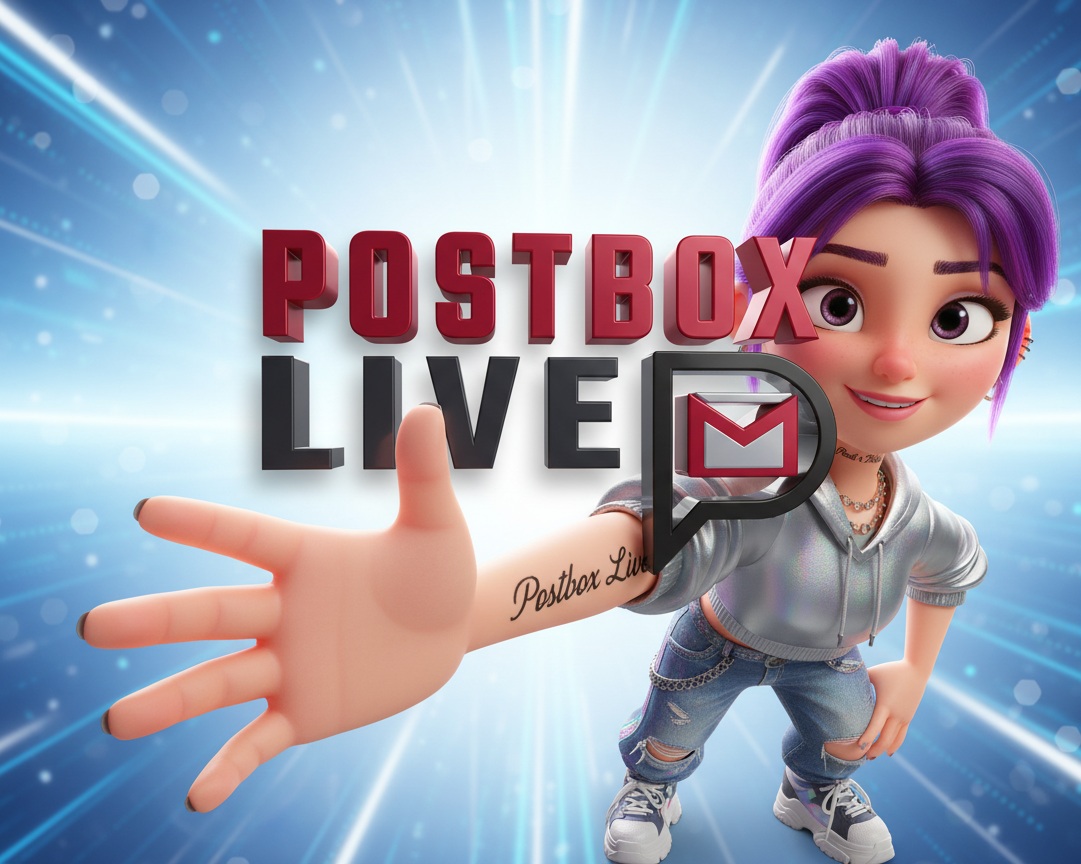Americans: AI That Makes Decisions for
Americans Is Utterly Despised by Them
A Consumer Reports survey reveals widespread American distrust in AI making decisions about hiring, banking, housing, and healthcare. Here’s why the technology faces such backlash.
Americans Don’t Trust AI to Make Decisions That Matter
Imagine applying for a job or a loan, only to be judged by an algorithm scanning your face, voice, and data. Most Americans find that terrifying, not convenient.
Although “automated decision-making” is being marketed as the next frontier in efficiency, a growing majority of U.S. citizens deeply distrust the idea of artificial intelligence managing key aspects of their lives from hiring and housing to loans and healthcare.
According to a recent Consumer Reports survey, Americans aren’t ready to hand over life-changing decisions to software. Most respondents were strongly opposed to it.
What the Data Says: A Deep Discomfort with AI
The Consumer Reports poll surveyed over 2,000 Americans, and the numbers speak volumes:
-
72% said they felt uncomfortable with AI scanning facial expressions during job interviews.
-
45% said they were very uncomfortable with it.
-
66% expressed discomfort about banks using AI to determine loan eligibility.
-
40% were very uncomfortable with landlords using AI to screen tenants.
-
50% did not trust AI to handle medical diagnoses or treatment decisions.
-
33% were extremely uncomfortable with facial recognition for surveillance.
These results are clear. Across various sectors, Americans don’t want artificial intelligence to make calls that directly affect their futures.
People Want Control and Transparency
While the idea of using AI might appeal to organizations trying to save time or money, the average American is far more concerned about fairness, accuracy, and privacy.
-
83% of respondents said they want to know exactly what kind of data algorithms are trained on.
-
91% said there should be a way to correct false or misleading data AI uses to make decisions.
These demands aren’t unreasonable. After all, AI systems, especially when rushed into real-world applications, are notorious for making biased, inaccurate, and unaccountable judgments.
Government and Corporations Push Ahead Anyway
Despite these legitimate concerns, governments and private companies are aggressively pushing forward with AI deployment.
In California, Governor Gavin Newsom recently announced the state would partner with five major AI companies to “test” generative AI tools across government departments, including those handling public health, taxation, housing, and transportation.
A similar effort by New York City’s housing department was successfully challenged by tenant activists, proving that public resistance can halt these policies.
Meanwhile, corporate players like McKinsey and Deutsche Bank continue to invest heavily in decision-making AI. These systems could easily echo the discriminatory policies of the past, such as racial redlining, but under the opaque mask of algorithms.
Why Americans Are Right to Worry
AI doesn’t just make mistakes; it often amplifies systemic biases already embedded in society. Without oversight or clear rules, these systems risk replacing flawed human decisions with equally flawed and often less accountable automated ones.
And while AI might seem objective, its behavior depends heavily on the data it’s fed, much of which may be outdated, discriminatory, or incomplete. When people can’t see how decisions are made or correct mistakes, trust vanishes.
A Future That Ignores Public Opinion
Despite clear and widespread discomfort, it seems the rise of decision-making AI in critical areas is not slowing down. If recent history is any guide, both governments and corporations will continue rolling out AI-driven systems even when the public clearly says “no.”
This growing divide between AI adopters and everyday citizens is troubling. Americans are not anti-technology, but they want transparency, accountability, and choice, especially when algorithms affect their lives in tangible, irreversible ways.
The Case Against Algorithmic Authority
AI might help automate small tasks or offer suggestions. But when it comes to jobs, homes, finances, and healthcare, people want other human beings to make those decisions or at least have the final say.
Until AI can offer fairness, accuracy, and human-centered design, it’s no wonder Americans are pushing back. The promise of AI should be about empowerment, not control, and the public knows the difference.
Key Takeaways: Why Americans Distrust AI in Decision-Making
| Sector | Concern |
|---|---|
| Hiring | Facial scans, unfair screening |
| Banking | Unjust loan rejections |
| Renting | Algorithmic redlining |
| Healthcare | Inaccurate diagnoses or treatment planning |
| Surveillance | Loss of privacy and personal freedom |
| Data Transparency | Lack of visibility into how AI makes decisions |
| Correction Rights | No mechanisms to fix incorrect or biased data |
#AIDecisionMaking, #AIPrivacyConcerns, #ArtificialIntelligence, #AlgorithmicBias, #AIEthics, #DigitalRights, #ConsumerReportsAI, #FacialRecognition, #SurveillanceTech, #TechTransparency,

